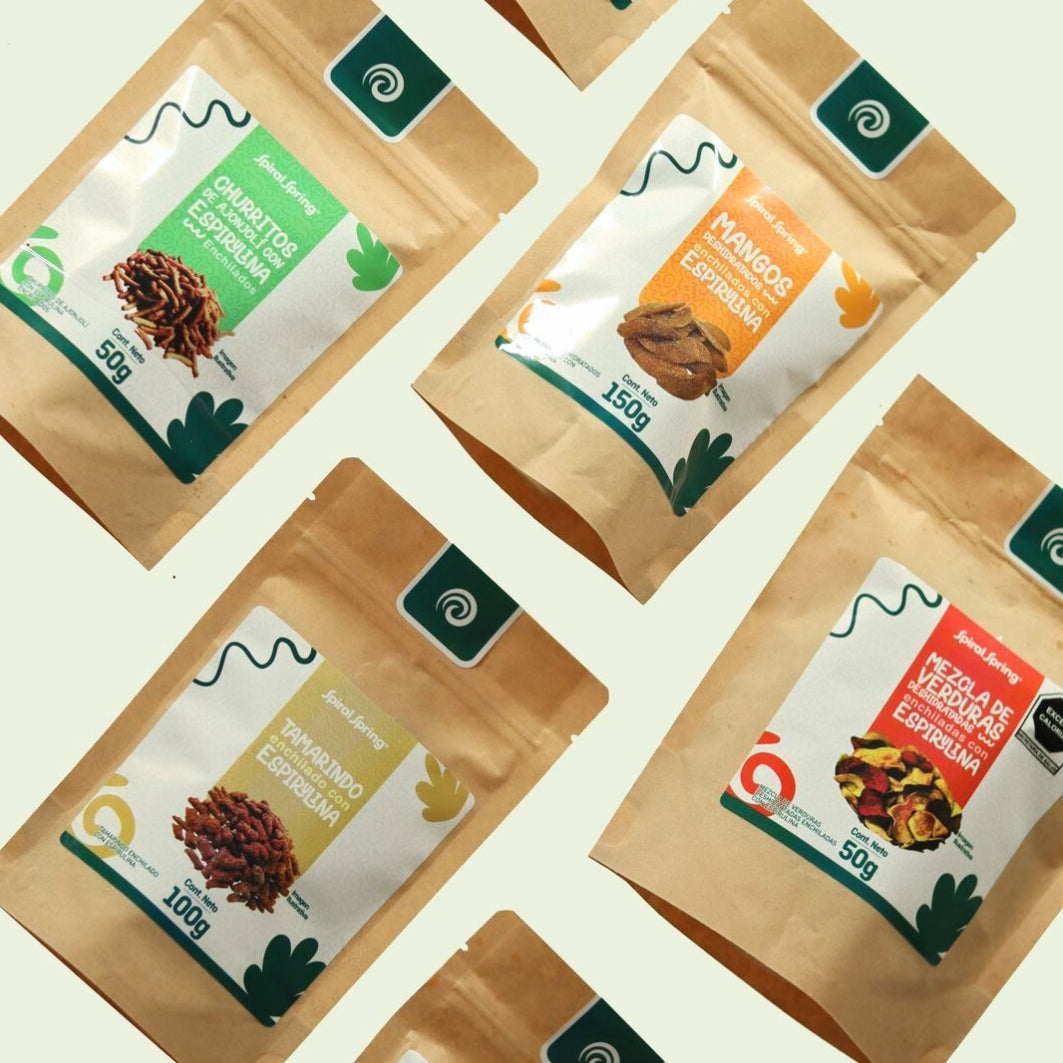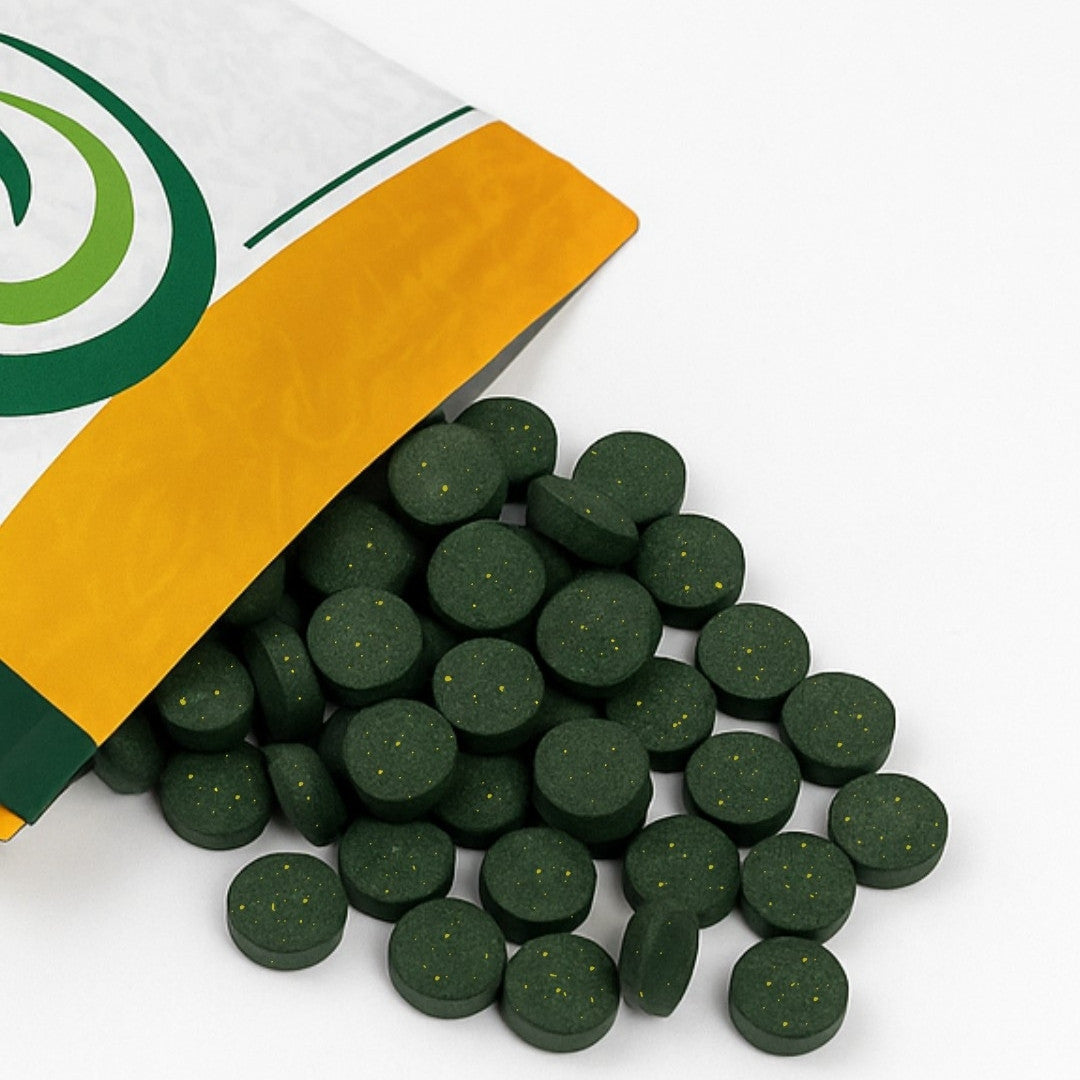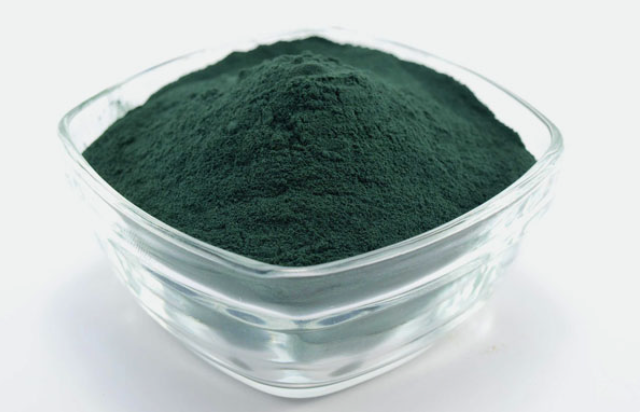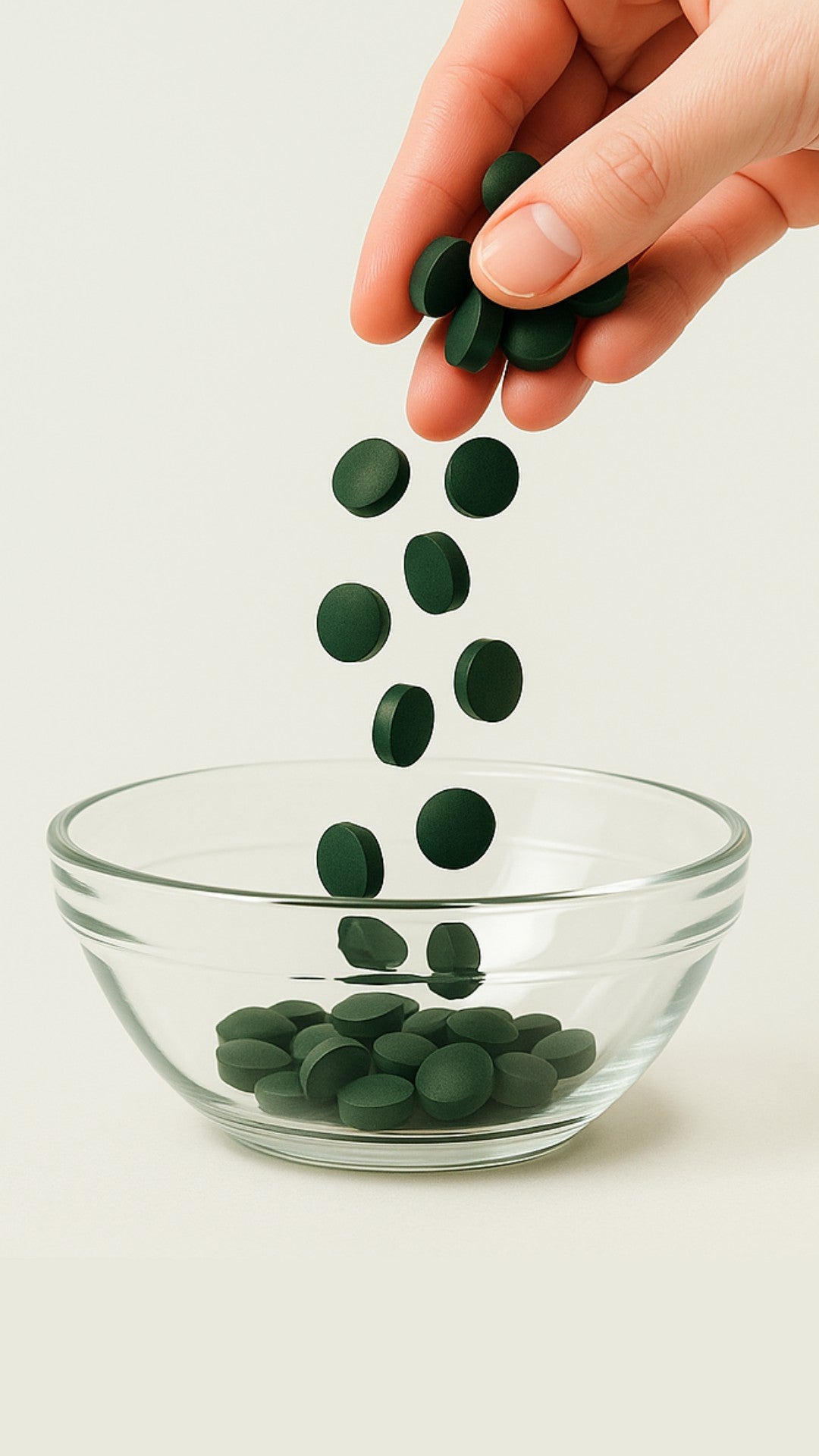USDA Organic Spirulina
Share
Our Spirulina is certified by USDA ORGANIC as 100% organic Spirulina, but what is the importance of this?
Organic foods are grown following the National Organic Program standard. (in English) from the United States Department of Agriculture (USDA). Organic farmers focus on leaving a better environment for the future. They use renewable resources and conserve soil and water quality.
Organic farmers do not use:
- artificial pesticides, with some exceptions (in English)
- fertilizers made with artificial ingredients or sewage sludge
- genetically modified plants and animals.
Recognizing an organic product
Look for the official "USDA Organic" seal on the food label. To obtain this label, the producer must be inspected by a government-approved certifier. They ensure that the producer conforms to the necessary organic standards. Companies that handle or process organic foods also have to be certified.
The "USDA Organic" seal also tells you that a product is 100% organic or made with at least 95% organic ingredients. Products with 70-94% organic ingredients cannot use the "USDA Organic" seal, but can be labeled "Made with Organic Ingredients."
The organic emblem is of vital importance. There is literally no other label that carries as much weight. Sales of USDA certified organic foods exceeded $43 billion in 2016, with an emphasis on “USDA Certified.”

Organic certification is incredibly difficult the transition takes at least 3 years:
If you have a conventional field and you want to convert it to organic, it will have a long waiting period. The National Organic program requires three full years (36 months) of organic operations before a previously conventional field can be called organic. That means that for three years, this farm will obey all organic regulations, pay the appropriate fees, and yet will not be able to use the organic label or charge the premium price that organic foods bring.
Certification is not free.
We should think that a farmer who wants to do the right thing by operating within sustainable guidelines would not have to pay for the privilege. But it's not like that. The average cost of certification, which requires visits from a USDA-accredited certifying agent, extensive documentation, and more, is estimated by the National Young Farmers Coalition to be about US$1,000 per year per field.
These are some of the reasons why obtaining certification is not easy and positively means that those who have it have complied with all the strict regulations and qualified to be worthy of it.

